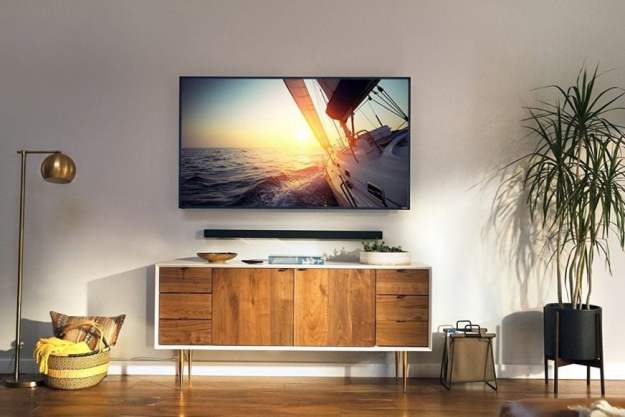
Let’s just cut to the heart of this beast. This deal holds few conceivable benefit to consumers.
The merger would not hurt competition because there already is no competition.
Except, history shows us that this deal will likely stifle competition, slow innovation, reduce content options, shut out potential competitors, and boost prices for customers all at once. We may get innovation, but it will be entirely on Comcast’s terms.
“An enlarged Comcast would be the bully in the schoolyard, able to dictate terms to content creators, Internet companies, other communications networks that must interconnect with it, and distributors who must access its content,” John Bergmayer, Senior Staff Attorney for Public Knowledge, said in response to the deal. “By raising the costs of its rivals and business partners, an enlarged Comcast would raise costs for consumers, who ultimately pay the bills. It would be able to keep others from innovating, while facing little pressure to improve its own service. New equipment, new services, and new content would have to meet with its approval to stand any chance of succeeding.”

Free Press President and CEO Craig Aaron echoed these concerns, calling the deal “a disaster for consumers” that “must be stopped.”
“No one woke up this morning wishing their cable company was bigger or had more control over what they could watch or download,” he said. “But that – along with higher bills – is the reality they’ll face tomorrow unless the Department of Justice and the FCC do their jobs and block this merger. Stopping this kind of deal is exactly why we have antitrust laws.”
The frustrating reality is that Internet customers already suffer from a lack of competition. ISPs like Comcast and TWC have enormous power to control market prices, and introduce higher broadband speeds at their leisure (or not at all). It lets them to nickel and dime customers with data caps – a dishonest revenue-boosting tactic that Comcast imposes on its customers but TWC currently does not – at the expense of impotent subscribers who have nowhere else to turn.
And yet Comcast claims this lack of competition among ISPs is the very reason the Justice Department and FCC should approve the deal. “Comcast and Time Warner Cable do not compete in a single zip code in America,” explained Comcast executive vice president David Cohen during a conference call today. So the merger would not hurt competition because there already is no competition.
Let’s just cut to the heart of this beast. This deal holds few conceivable benefit to consumers.
In other words, the Comcast-TWC deal moves the Internet service industry in exactly the wrong direction. As former FCC Commissioner Mignon Clyburn said in 2010, “Competition is the lifeblood of investment, innovation, and affordable prices. Without it, industry has little reason to upgrade its facilities and improve its services. … Thus, only in those areas where Americans are lucky enough to have more than one provider with truly high-speed capability will providers … have any economic incentive to offer better service.”
What America needs is a greater number of ISPs that are forced to compete with each other over price and technology, not fewer. Not consolidation. Not market domination so extreme that it essentially guarantees no new entrants into the market.
The single silver lining for customers is that a new, bigger Comcast could expedite the shift from cable TV to Internet-streaming. Comcast lost 305,000 video subscribers in 2013, but gained 1.3 million Internet customers. TWC saw a similar shift, having lost 831,000 video subscribers last year, while continuing to gain tens of thousands of broadband customers each quarter. This natural shift in customer preference may push Comcast to establish more robust streaming options for “cord cutters” (who, incidentally, aren’t really cutting the cord; they’re just switching to a different type).
I’m just not sure the possibility of expanded Internet TV options is worth consolidation of power inherent in this deal. Either way, the Comcast-TWC buyout is sure to undergo rigorous scrutiny by federal regulators. But with enough concessions to the FCC – an agency that has long failed to help increase competition ISPs – it just might go through.
So fingers crossed, Internet users. It’s bad now, but the worst may be yet to come.


